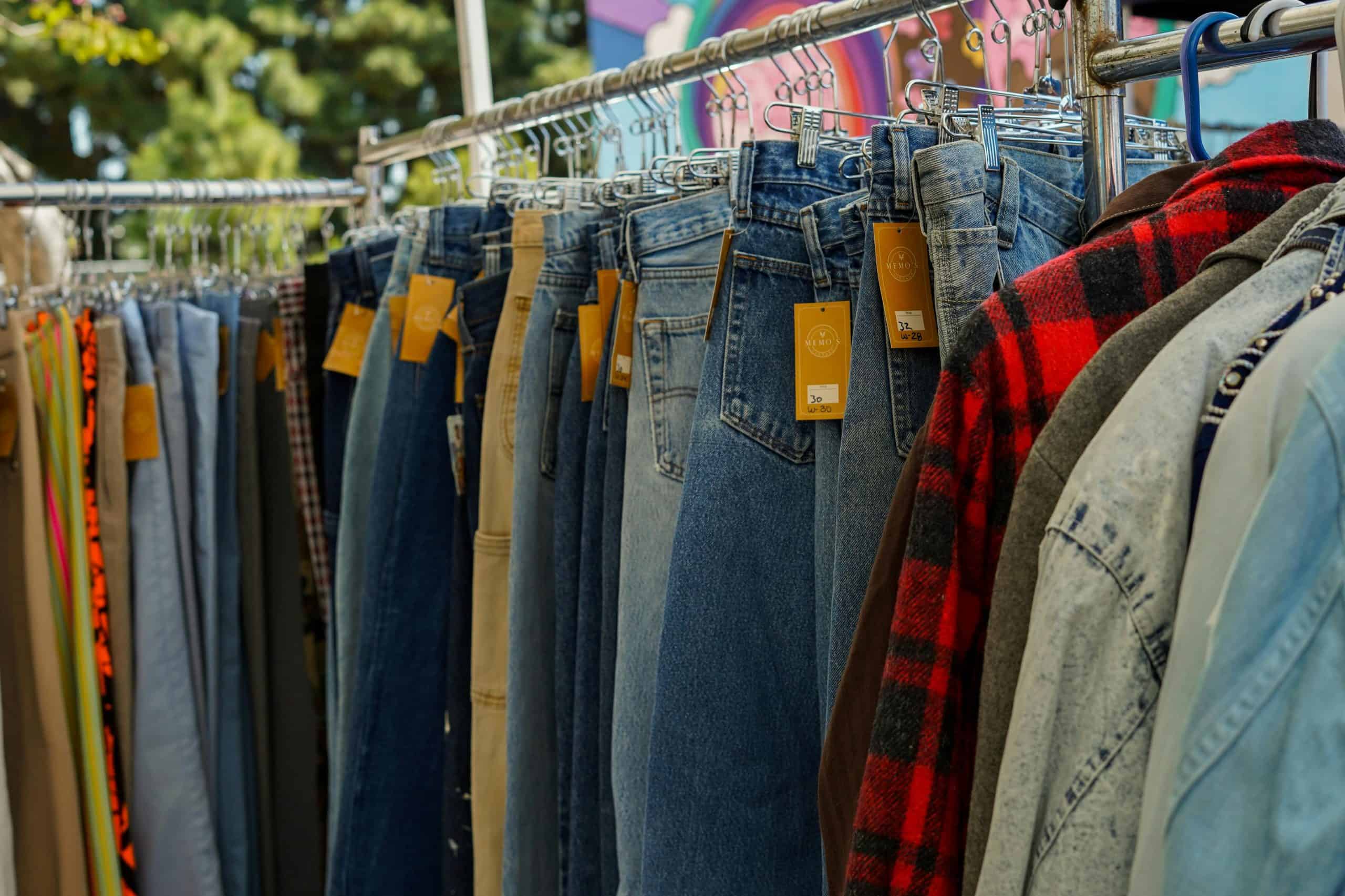US Brands Face Global Backlash as Anti-American Sentiment Rises
It’s a strange time in global politics, and the ripple effects are being felt in some unexpected places, including the fashion industry. A growing wave of anti-American sentiment, fueled primarily by contentious trade policies and political rhetoric, is prompting consumers worldwide to reconsider purchasing products from iconic US brands. This isn’t just a handful of angry tweets; it’s a measurable shift in consumer behavior that has companies from Levi’s to McDonald’s getting a little nervous.
This backlash isn’t just about politics—it’s personal. For many, choosing where to spend their money has become a means of making a statement. In places like Canada and India, shoppers are actively boycotting American products, opting instead to support local businesses. This isn’t just a fleeting trend; it’s a conscious decision to push back against policies they disagree with, and it’s starting to hit some major brands right in their bottom line.
The Fashion Industry Feels the Pinch of Anti-American Sentiment
The fashion world, which has long celebrated “Americana,” is now in a tricky spot. Brands that built their entire identity on being quintessentially American are suddenly finding that their biggest selling point might now be their biggest liability.
Levi’s, the brand that practically invented the all-American cool of blue jeans, has been one of the most vocal about this issue. The company’s UK division recently warned that rising anti-American sentiment could negatively impact its sales. They’re worried that consumers might start swapping their 501s for European or local alternatives as a form of protest. It’s a classic case of a brand’s identity becoming a double-edged sword. What once symbolized freedom and rebellion now risks being associated with political decisions that are unpopular overseas.
Other brands are also on high alert. McDonald’s has observed a decline in its “aura” and an increase in negative sentiments toward American brands, particularly in Canada and certain parts of Europe. Even plant-based food company Beyond Meat has listed the growing anti-American sentiment as a potential risk to its business. The message is clear: if your brand screams “Made in the USA,” you might be in for a rough ride.
Beyond Fashion: A Widespread Reaction
This anti-American sentiment isn’t just a problem for clothing companies. The backlash is hitting a wide range of industries. In Canada, sales of American spirits like Jack Daniel’s have plummeted. Shoppers are even using apps to check a product’s country of origin before making a purchase. In India, calls to boycott products ranging from Coca-Cola to Apple have gained traction following the imposition of steep tariffs.
It’s a fascinating, if worrying, phenomenon. Consumerism has long been intertwined with culture and identity, but it is now being weaponized on a global scale. People are voting with their wallets, and for many US brands, the results are starting to come in. It’s a powerful reminder that in our interconnected world, business is never just business—it’s always personal.







